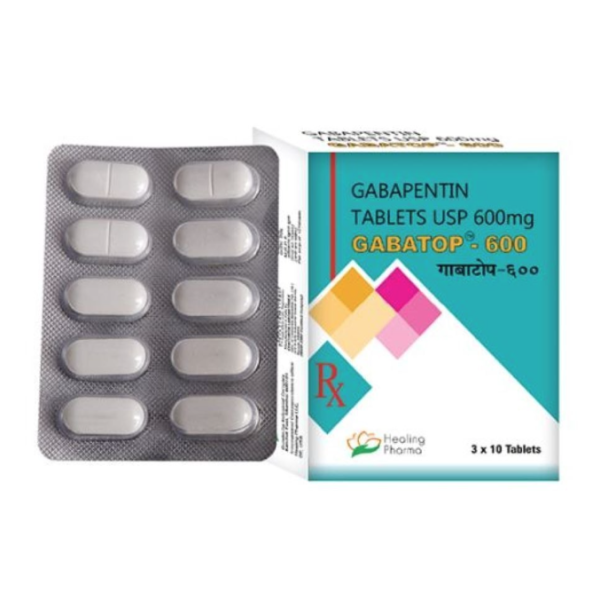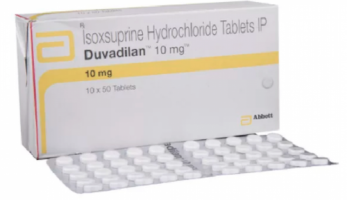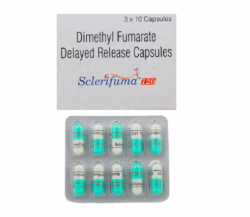Neurontin is an anti-epileptic medication, also called an anticonvulsant. It affects chemicals and nerves in the body that are involved in the cause of seizures and some types of pain.
rnNeurontin is used alone or in combination with other medications to treat seizures caused by epilepsy in adults and children who are at least 12 years old. Neurontin is also used with other medications to treat partial seizures in children who are 3 to 12 years old.
rnNeurontin is also used to treat nerve pain caused by herpes virus or shingles.
The health and medical information provided here is for general purposes only and is not a substitute for the expertise and judgment of your physician, or other health care professional. It should not be understood to indicate that the use of this medicine is safe, appropriate or effective for you. Always consult your health care professional before using this, or any other, drug.
You should not use Neurontin if you are allergic to gabapentin.
rnBefore taking Neurontin, tell your doctor if you have kidney, liver, or heart disease.
rnYou may have thoughts about suicide while taking Neurontin. Your doctor will need to check you at regular visits. Do not miss any scheduled appointments.
rnCall your doctor at once if you have any new or worsening symptoms such as: mood or behavior changes, depression, anxiety, or if you feel agitated, hostile, restless, hyperactive (mentally or physically), or have thoughts about suicide or hurting yourself.
rnDo not stop taking Neurontin for seizures without first talking to your doctor, even if you feel better. You may have increased seizures if you stop taking Neurontin suddenly. You will need to use less and less before you stop the medication completely.
rnContact your doctor if your seizures get worse or you have them more often while taking Neurontin.
rnCarry an ID card or wear a medical alert bracelet stating that you are taking Neurontin, in case of emergency. Any doctor, dentist, or emergency medical care provider who treats you should know that you are taking a seizure medication.
Get emergency medical help if you have any of these signs of an allergic reaction to Neurontin: hives; fever; swollen glands; painful sores in or around your eyes or mouth; difficulty breathing; swelling of your face, lips, tongue, or throat.
rnCall your doctor at once if you have any new or worsening symptoms such as: mood or behavior changes, depression, anxiety, or if you feel agitated, hostile, restless, hyperactive (mentally or physically), or have thoughts about suicide or hurting yourself.
rnCall your doctor at once if you have any of these serious side effects:
rnincreased seizures;
rnfever, chills, body aches, flu symptoms;
rnswelling of your ankles or feet;
rnconfusion;
rnrapid back and forth movement of your eyes;
rntremor; or
rneasy bruising.
rnSome side effects are more likely in children taking Neurontin. Contact your doctor if the child taking this medication has any of the following side effects:
rnchanges in behavior;
rnmemory problems;
rntrouble concentrating; or
rnacting restless, hostile, or aggressive.
rnLess serious Neurontin side effects may include:
rndizziness, drowsiness, weakness, tired feeling;
rnlack of coordination;
rnblurred vision;
rnnausea, vomiting, stomach pain, loss of appetite;
rndiarrhea, constipation;
rndry mouth;
rnrunny or stuffy nose, sore throat;
rnheadache;
rnsleep problems (insomnia), unusual dreams; or
rnacne, mild skin rash.
Take Neurontin exactly as it was prescribed for you. Do not take the medication in larger amounts, or take it for longer than recommended by your doctor. Follow the directions on your prescription label.
rnNeurontin can be taken with or without food.
rnIf you break a tablet and take one half of it, take the other half at your next dose. Any tablet that has been broken should be used as soon as possible or within a few days.
rnMeasure liquid medicine with a special dose-measuring spoon or cup, not a regular table spoon. If you do not have a dose-measuring device, ask your pharmacist for one.
rnNeurontin can cause you to have unusual results with certain medical tests. Tell any doctor who treats you that you are using Neurontin.
rnDo not stop taking Neurontin for seizures without first talking to your doctor, even if you feel better. You may have increased seizures if you stop taking Neurontin suddenly. You will need to use less and less before you stop the medication completely. Contact your doctor if your seizures get worse or you have them more often while taking Neurontin.
rnCarry an ID card or wear a medical alert bracelet stating that you are taking Neurontin, in case of emergency. Any doctor, dentist, or emergency medical care provider who treats you should know that you are taking a seizure medication.
rnIt is important to use Neurontin regularly for best seizure control. Get your prescription refilled before you run out of medicine completely.
rnStore Neurontin tablets and capsules at room temperature away from light and moisture. Store the liquid medicine in the refrigerator. Do not freeze.





